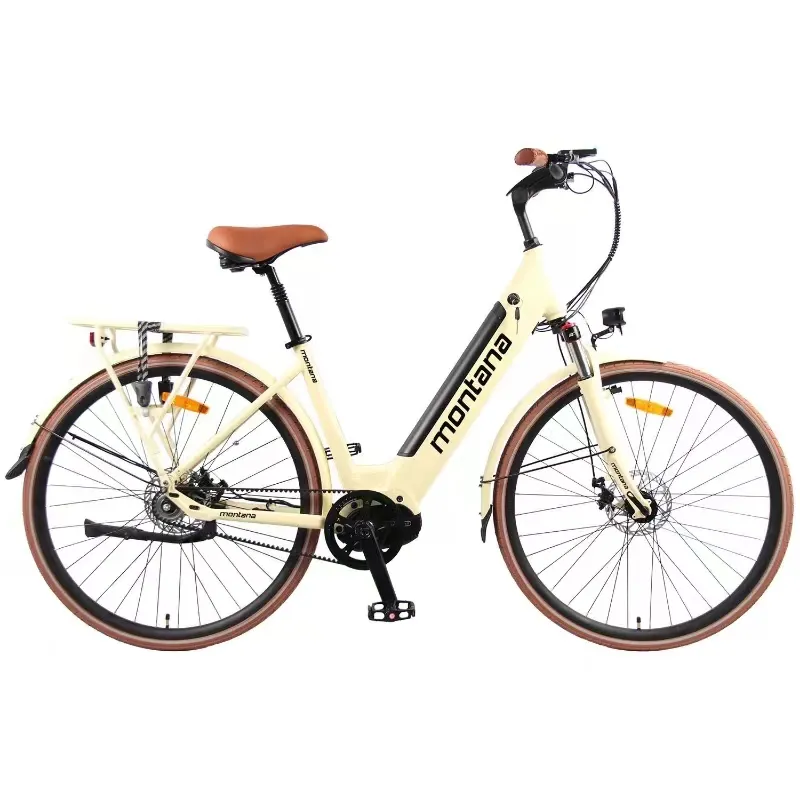
- Afrikaans
- Albanian
- Amharic
- Arabic
- Armenian
- Azerbaijani
- Basque
- Belarusian
- Bengali
- Bosnian
- Bulgarian
- Catalan
- Cebuano
- Corsican
- Croatian
- Czech
- Danish
- Dutch
- English
- Esperanto
- Estonian
- Finnish
- French
- Frisian
- Galician
- Georgian
- German
- Greek
- Gujarati
- Haitian Creole
- hausa
- hawaiian
- Hebrew
- Hindi
- Miao
- Hungarian
- Icelandic
- igbo
- Indonesian
- irish
- Italian
- Japanese
- Javanese
- Kannada
- kazakh
- Khmer
- Rwandese
- Korean
- Kurdish
- Kyrgyz
- Lao
- Latin
- Latvian
- Lithuanian
- Luxembourgish
- Macedonian
- Malgashi
- Malay
- Malayalam
- Maltese
- Maori
- Marathi
- Mongolian
- Myanmar
- Nepali
- Norwegian
- Norwegian
- Occitan
- Pashto
- Persian
- Polish
- Portuguese
- Punjabi
- Romanian
- Russian
- Samoan
- Scottish Gaelic
- Serbian
- Sesotho
- Shona
- Sindhi
- Sinhala
- Slovak
- Slovenian
- Somali
- Spanish
- Sundanese
- Swahili
- Swedish
- Tagalog
- Tajik
- Tamil
- Tatar
- Telugu
- Thai
- Turkish
- Turkmen
- Ukrainian
- Urdu
- Uighur
- Uzbek
- Vietnamese
- Welsh
- Bantu
- Yiddish
- Yoruba
- Zulu
Nov . 11, 2024 14:32 Back to list
how do you adjust a derailleur on a mountain bike
How to Adjust a Derailleur on a Mountain Bike
Adjusting the derailleur on your mountain bike is essential for ensuring smooth shifting and efficient gear transitions. Whether you're experiencing ghost shifting, difficulty in shifting, or noise during gear changes, properly adjusting your derailleur can make a significant difference. This guide will take you through the steps necessary to fine-tune your derailleur for optimal performance.
Understanding the Derailleur System
Before diving into adjustments, it’s crucial to understand the components involved. The derailleur system consists of two main parts the front derailleur, which moves the chain between the chainrings, and the rear derailleur, which shifts the chain between the various cogs on the cassette. Each derailleur has limit screws and a tension adjustment mechanism, which allows you to control the movement and position of the derailleur.
Required Tools
To adjust your derailleur, you will need
- A Phillips screwdriver (for limit screws) - An Allen wrench set (for cable tension) - A bicycle-specific cable cutter (if needed) - A gear indicator (optional, but helpful for precision)
Step 1 Check the Derailleur Alignment
Before making any adjustments, inspect the derailleur’s alignment. The rear derailleur should be perpendicular to the cassette. If it's misaligned, gently bend it back into the correct position, being cautious to avoid damaging the delicate components.
Step 2 Set the Limit Screws
Limit screws prevent the chain from shifting beyond the smallest or largest cog, avoiding damage. For the rear derailleur 1. Shift to the smallest cog. 2. Locate the H (high) limit screw and adjust it so that the pulley aligns perfectly with the cog without allowing the chain to fall off. 3. Shift to the largest cog. 4. Adjust the L (low) limit screw accordingly to ensure the derailleur can shift to the largest cog without overshooting.
how do you adjust a derailleur on a mountain bike

For the front derailleur 1. Shift to the smallest chainring and the largest cog at the back. 2. Adjust the high limit screw until the derailleur plate is about 1-2 mm above the chain. 3. Switch to the largest chainring and the smallest cog at the back, adjusting the low limit screw to prevent the chain from rubbing against the derailleur.
Step 3 Adjust Cable Tension
Improper cable tension can lead to slow or missed shifts. To adjust the cable tension 1. Use the barrel adjuster located on the rear shifter. Turn it counter-clockwise to increase tension and clockwise to decrease it. 2. Shift through the gears—if the chain hesitates or misses a shift, adjust the tension until the shifts are crisp and responsive.
If the cable is frayed or excessively worn, consider replacing it for improved performance.
Step 4 Fine-Tuning the Shifting
After setting the limit screws and adjusting cable tension, it’s time to test your shifting 1. Shift through all the gears, ensuring that the transitions are smooth both up and down the gear range. 2. Listen for any grinding or skipping sounds, which may indicate misalignment or insufficient tension. 3. Adjust the barrel adjuster slightly if needed, testing again until you achieve smooth operation.
Step 5 Regular Maintenance
Once you've successfully adjusted your derailleur, regular maintenance is crucial for keeping your mountain bike performing at its best. Check the derailleur alignment, cable tension, and cleanliness of the cassette and chain periodically. Apply lubricant to the chain, ensuring that dirt and grime do not hinder performance.
Conclusion
Adjusting the derailleur on your mountain bike is not only a skill that enhances your riding experience but also an essential part of bike maintenance. With the right tools and knowledge, you can achieve flawless shifting and prolong the life of your components. Remember, if you encounter persistent issues or are unsure about making adjustments, consulting a professional bike mechanic is always a wise choice. Happy riding!
-
The Ultimate Kids' Four-Wheeler Experience
NewsJul.09,2025
-
The Ultimate Guide to Mountain Bikes: Gear Up for Your Ride
NewsJul.09,2025
-
The New Age of Cycling: Electric Bikes for Every Rider
NewsJul.09,2025
-
The Best Kids Bicycles: Ride in Style and Safety
NewsJul.09,2025
-
The Best 3-Wheel Scooters for Kids: Fun, Safety, and Adventure
NewsJul.09,2025
-
Revolutionize Your Ride: Affordable Electric Bikes
NewsJul.09,2025
-
Finding the Perfect Mountain Bike for Every Rider
NewsJul.09,2025



